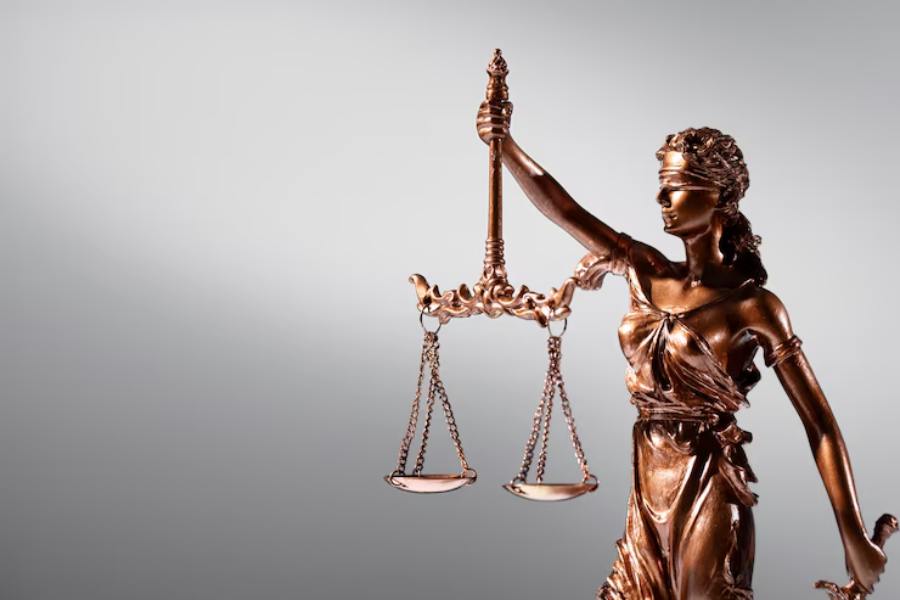Finding the right legal professional can be a daunting task. Whether you are dealing with family law issues, business disputes, or criminal charges, having competent legal guidance is crucial. The right attorney not only helps you navigate the complexities of the legal system but also ensures that your interests are protected. This guide aims to provide a clear roadmap for connecting with a legal expert suited to your needs.
Identifying Your Legal Needs
The first step in selecting a legal professional is to clearly define your legal needs. Consider the specifics of your situation and the type of legal expertise required. Are you facing criminal charges, or are you involved in a civil matter? By determining the nature of your case, you can focus on finding an attorney who specializes in that area. A Houston attorney Trey Barton says that narrowing down your focus can save time and lead to better outcomes. Once you identify your legal issues, research the various specializations in the legal system. This can include family law, criminal defense, immigration, estate planning, and more. Understanding these specialties helps you have informed discussions with potential lawyers.
Conducting Research
Effective research is key when searching for a legal expert. Start by searching online directories that list lawyers by specialty and location. Many bar associations provide referral services to help individuals find qualified legal professionals. You should consider looking at reviews and testimonials from previous clients, as they can give you insights into a lawyer’s approach, effectiveness, and communication style.
Consider asking friends or family members for recommendations based on their own experiences. Unbiased websites and platforms dedicated to lawyer reviews may also be helpful. They often provide comprehensive profiles that include education, experience, areas of practice, and client ratings.
Evaluating Credentials and Reviews
After compiling a list of potential candidates, it’s essential to evaluate their credentials. Start by checking their qualifications, which include their education, licenses, and any associated certifications. A good standing with the state bar and no disqualifying history is crucial. This information can often be found through state bar websites or directly on law firm websites.
Checking independent reviews adds another layer of evaluation. Pay attention to feedback regarding communication skills, case results, and overall satisfaction. If there are consistent concerns in reviews, especially regarding ethics or professional conduct, it may be a red flag.
Consultation with Prospective Lawyers
After narrowing down your choices, the next step is often to schedule consultations. Most attorneys offer initial consultations at no charge. This meeting allows you to discuss your legal matters, understand the lawyer’s experience, and evaluate their approach to your situation. It’s also an opportunity to assess how comfortable you feel communicating with them.
During this meeting, come prepared with specific questions. You might inquire about their experience with similar cases, their fee structure, and their communication style. Also, ask how they plan to approach your case and what the expected timeline looks like. A direct conversation can reveal a lot about whether this attorney is the right fit.
Understanding Fees and Payment Structures
Legal fees can vary significantly depending on the lawyer’s experience, location, and the complexity of the case. Understanding how an attorney structures their fees is crucial to avoid any surprises down the road. Some lawyers charge by the hour, while others may operate on a contingency fee basis, meaning they only get paid if you win your case.
Before formally hiring an attorney, ensure you have a clear understanding of how billing works. Transparency in discussing costs from the outset helps to build trust and can prevent potential disputes over invoices while your case unfolds.
Before formally hiring an attorney, ensure you have a clear understanding of how billing works. Transparency in discussing costs from the outset helps to build trust and can prevent potential disputes over invoices while your case unfolds. Don’t hesitate to ask for a written fee agreement that outlines all potential charges and billing practices.
This document should detail hourly rates, retainer requirements, and any additional costs like court filing fees or expert witness expenses. Knowing what to expect financially empowers you to budget accordingly and avoid unnecessary stress during legal proceedings.
Maintaining Communication Throughout Your Case
After hiring your chosen attorney, communication remains essential. Keeping an open line ensures that you stay informed and involved in your case. Regular updates regarding developments, potential outcomes, and recommendations for next steps will allow you to make informed decisions. Don’t hesitate to reach out to clarify any doubts or questions that arise during your case.
Establishing clear communication protocols with your attorney can promote an effective working relationship. Setting expectations upfront helps both parties understand how to interact positively, lending to a smoother process.
In navigating legal complexities, it can be challenging to determine the right course of action. Yet, with the right guidance and professional support, you can confidently traverse the legal landscape, ultimately achieving favorable outcomes.


